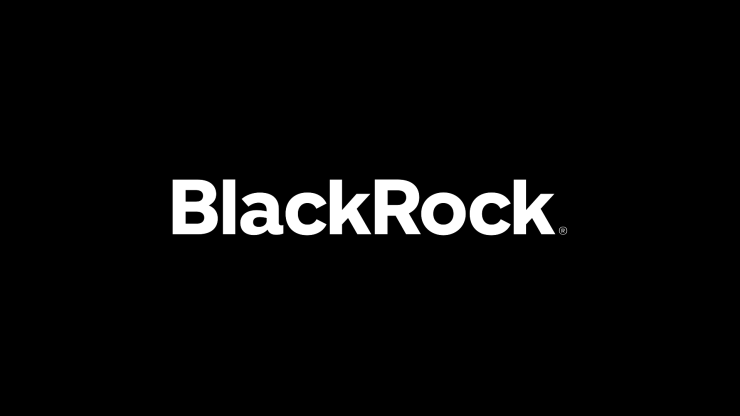BlackRock, the world’s largest asset manager with more than $8.5 trillion assets under management, has filed for a Bitcoin Trust, not ETF. The official SEC filing confirms. The shares of this Bitcoin trust tracks the price of Bitcoin from spot market. According to the filing made by iShares, the shares of this Bitcoin trust is redeemable.
What is the difference between Bitcoin Spot ETF and Trust?
The main difference between a Bitcoin spot ETF and a Bitcoin trust lies in their structure and regulatory status. A Bitcoin spot ETF is an exchange-traded fund that tracks the price of Bitcoin (fund holds the assets) and allows investors to gain exposure to the cryptocurrency without directly owning it. It operates similarly to traditional ETFs, with shares that can be bought and sold on stock exchanges throughout the trading day. Bitcoin spot ETFs require regulatory approval and typically adhere to the rules and regulations set by financial authorities.
On the other hand, a Bitcoin trust is a vehicle that holds Bitcoin on behalf of investors (maybe redeemable). It functions as a fund managed by a trustee, who oversees the storage and management of the Bitcoin assets. Investors can buy shares or units in the trust, which represent their ownership of the underlying Bitcoin holdings. Bitcoin trusts are structured differently from ETFs and often involve a direct investment in Bitcoin itself. Unlike ETFs, Bitcoin trusts may not trade on exchanges and may have limited liquidity.
While both Bitcoin spot ETFs and Bitcoin trusts provide exposure to Bitcoin, the key differences lie in their structure, regulatory framework, and how investors gain exposure to the cryptocurrency. Bitcoin spot ETFs trade on exchanges and track the price of Bitcoin, while Bitcoin trusts involve direct ownership of Bitcoin assets held by a trust and may have limited trading options. Investors should carefully consider these distinctions and conduct thorough research before deciding which investment vehicle aligns with their investment goals and risk tolerance.
Sources: SEC.gov





















